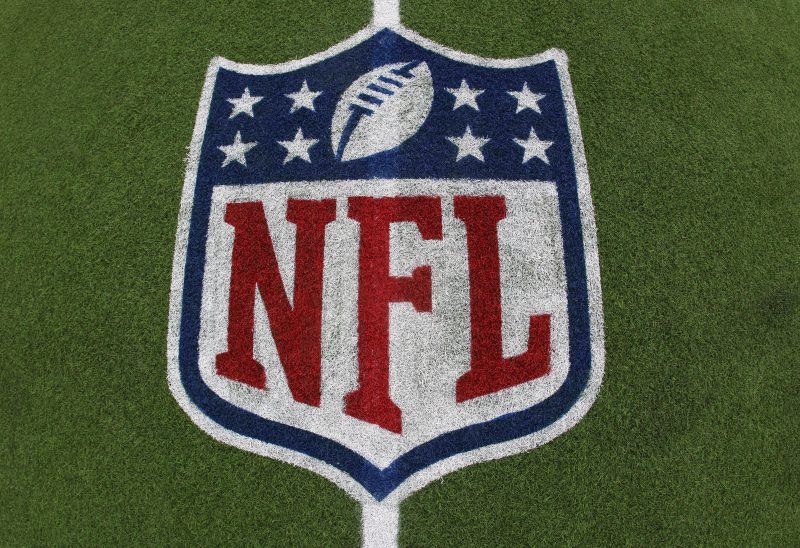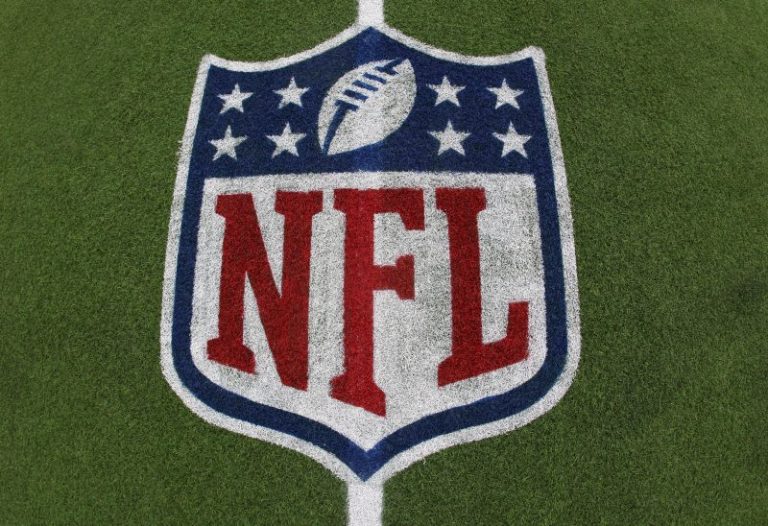
- The NFL and Front Office Sports have announced a new content licensing partnership.
- Critics suggest that media outlets with financial ties to the NFL may avoid negative coverage to protect their relationship.
- Past examples show the NFL has influenced content, such as with ESPN’s ‘Playmakers’ and Bob Costas’s departure from NBC’s Super Bowl coverage.
Totalitarian regimes could learn a thing or two from the NFL.
The league is the most powerful entity in this country — sorry, D.C. politicians, but you know it’s true — and everyone wants a piece of it. Broadcasters. Sponsors. Vendors. Companies that make merchandise. Companies that sell merchandise. And on and on.
The NFL knows this. It also knows it can use that power to shut down what little criticism there is of the league.
The NFL and Front Office Sports announced a content licensing deal on Tuesday that will give the sports business site access, and privilege, other media outlets won’t have. FOS will be able to go behind-the-scenes at major events such as the Super Bowl, NFL draft and international games, and publish these pieces with the official blessing of the NFL.
“We’re excited to collaborate with the NFL and expand our access to the country’s most popular league,” Adam White, chief executive officer of Front Office Sports, said in a release announcing the partnership.
But at what cost?
The NFL doesn’t give anything away for free. There’s always a price, and it’s usually bigger than the fee someone is paying to be associated with the economic juggernaut. There are expectations that come when you’re in bed with the NFL, and the primary one is not making the league look bad.
Even before the NFL bought a 10% stake in ESPN, the broadcaster had shut down projects the league didn’t like or wouldn’t like.
‘Playmakers’ was a popular scripted series about life in professional football. But it lasted just one season because some of its less-than-fawning storylines about the fictitious team and league — a star rookie with a drug problem, another player trying to hide that he was gay — rankled the NFL.
ESPN and PBS’ Frontline worked together for more than a year on “League of Denial,” a documentary on the league’s handling of a growing crisis of former players developing chronic traumatic encephalopathy and other brain injuries, before ESPN abruptly abandoned the project.
Bob Costas was not only the host of Sunday Night Football after NBC got back in the NFL’s rotation in 2005, he was one of the network’s biggest stars. He hosted the Olympics, NBC’s other marquee property, and led the network’s coverage for pretty much every other big sporting event. He even had his own talk show, “Later.”
When Costas’ criticisms of the game’s physical toll became louder and more frequent, however, he found himself on the outside looking in. After saying “This game destroys people’s brains” at a journalism symposium in November 2017, Costas was pulled off NBC’s coverage of Super Bowl LII.
‘The networks, all of them, dance to the NFL’s tune. It’s just kind of the way it goes. Everyone walks on eggshells around the NFL,’ Costas told ESPN’s Mark Fainaru-Wada for a story published in early 2019.
Costas later said he regretted talking to ESPN. Not because what he said was not true, but because of the tensions it caused with his NBC colleagues.
The NFL denies exerting any undue influence, of course. Or exerting any influence whatsoever. That’s the beauty of being the 800-pound gorilla. You get what you want without having to say a word.
This is a league that brought in more than $23 billion in revenue last year. Its games, and the shows leading into them, are Teflon-coated ratings bonanzas. It has a rabid fan base in the United States and is seeing interest explode internationally.
If you are lucky enough to hook up with the NFL, you’re not going to be stupid enough to do anything that could jeopardize that gold mine. Even if that means ignoring important stories or avoiding uncomfortable questions.
‘The only business arrangement I can think of where the buyer must continually flatter the seller is the sports TV business,” Costas told Fainaru-Wada in that 2019 story. “’We’re pulling a Brinks armored truck up to Park Avenue, Mr. Goodell. It contains the billions of dollars that we’re going to pay you for the right and privilege to televise your games. But if we’ve delivered them in a denomination that does not please you, we’re terribly sorry, we’ll back the truck up, and we’ll bring it to you in 20s and 50s if that’s the way you’d prefer it.”
The NFL can’t buy everyone’s silence. That doesn’t stop it from trying.
Follow USA TODAY Sports columnist Nancy Armour on social media @nrarmour.

